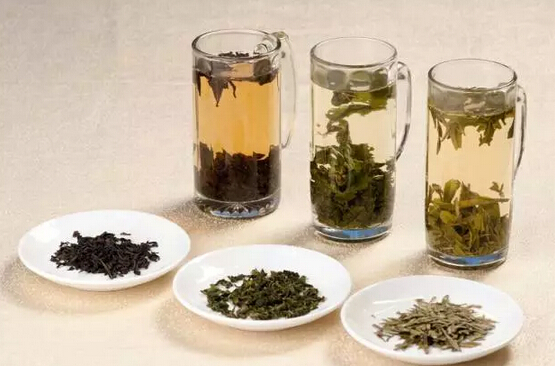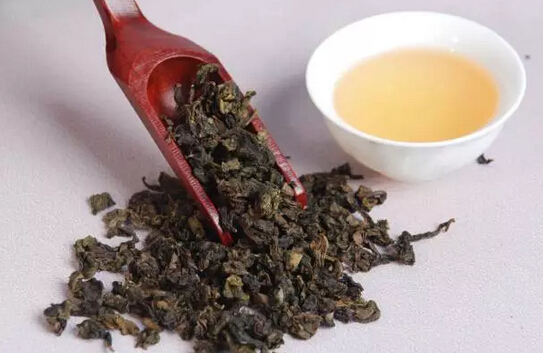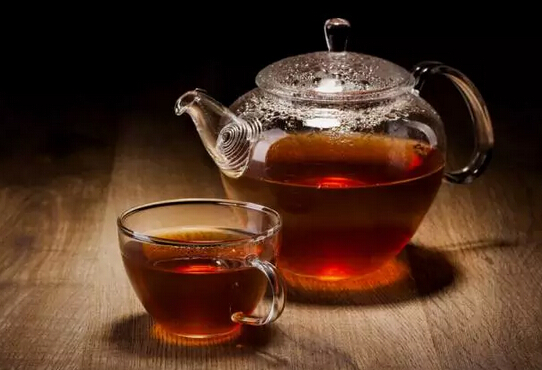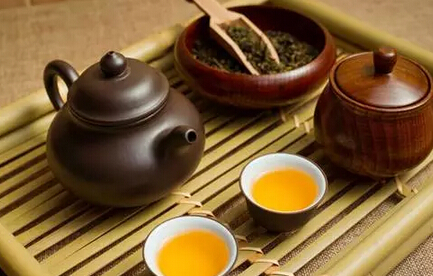
Tea Properties
Green tea, with its core process of 'killing the green,' is cold in nature. It suits those with a hot constitution, strong stomach fire, and high energy levels, providing excellent cooling, mind-clearing, and refreshing effects. Green tea also offers significant radiation protection benefits, making it ideal for computer workers.
White tea, with its core processes of 'withering, sun-drying,' and natural aging, transitions from cold to cooling and eventually to a balanced nature. Fresh white tea shares many properties and effects with green tea, but the key difference is that aged green tea becomes stale, while aged white tea becomes a treasure. Over time, white tea becomes even more balanced, suitable for a broader audience.
Oolong tea, with its varying fermentation levels, transitions from cold to balanced. Its core processes are 'tossing' and 'roasting.' Lightly fermented oolong teas, like light-scented Tieguanyin, retain much of green tea's cold nature, while heavily fermented oolongs are closer to black tea, appealing to a wider audience.
Black tea, warming in nature, relies on 'fermentation' as its core process. It suits those with cold stomachs, weak constitutions, or older age. Those with cold limbs or fatigue will benefit greatly, and it can be enjoyed with milk or honey for better flavor.
Dark tea, warming in nature, centers on the 'pile fermentation' process. It aids in reducing grease, detoxifying meat, and lowering blood lipids. When stored well, it improves in taste and efficacy over time.
Yellow tea, with its core process of 'smothering yellowing,' has a slightly altered nature but remains close to green tea. In recent years, traditional yellow tea has become harder to produce due to skill shortages, leading to a trend of 'green tea-ification.' Its properties and effects are similar to green tea, with the main difference being a richer, mellower taste.

Effects of Different Teas on Body and Mind
Green tea and oolong tea, with their clear or light yellow-green liquor, offer a refreshing and cooling sensation, perfect for hot or restless moments.
High-quality oolong teas, especially well-aged ones, may develop a pleasant fruity acidity. Traditional Chinese medicine associates sourness with the liver meridian, aiding in soothing liver qi. However, those with stomach issues should drink it sparingly. Wuyi rock tea, a type of oolong, stands out for its bold flavor, 'relieving irritability and calming pride, uplifting the spirit.' Phoenix Dancong tea, with its prominent aroma, is particularly effective in clearing qi stagnation.
Black tea, with its floral and honeyed richness, is sweet and warming. Sweetness enters the spleen meridian, nourishing qi and blood, replenishing energy, relieving fatigue, and harmonizing the spleen and stomach. Its bright red liquor brings warmth and joy, making it ideal for cold weather or low moods.
Dark tea, bitter and warming, develops woody, aged, or fruity aromas over time. Aged Liubao tea even offers a delightful betel nut fragrance. Dark tea belongs to the water element in traditional Chinese medicine, entering the kidney meridian. It benefits those with dull skin, sore throats, poor appetite, diarrhea, cold limbs, back pain, or low energy.

Tea for Different Constitutions
Those with a yang-deficient constitution should avoid cold teas and opt for warming options like dark tea or heavily roasted oolong, especially aged varieties.
Yin-deficient individuals often feel heat and dryness, requiring hydration. Light teas like yellow or white tea are suitable.
Qi-deficient individuals, prone to fatigue and weak immunity, benefit from mild teas that support the spleen and stomach.
Phlegm-damp constitutions need light teas to dispel dampness and detoxify. Damp-heat constitutions suit balanced oolong teas.
Blood-stasis constitutions can enjoy green, white, or floral teas.
Those with allergies should choose well-fermented, moderately roasted teas like rich-scented Tieguanyin, Wuyi rock tea, or Oriental Beauty tea.
Qi-stagnant individuals may prefer fragrant floral teas, Anji white tea, or highly aromatic Phoenix Dancong.
Balanced constitutions can enjoy any tea: floral in spring, green in summer, oolong in autumn, black in winter, and oolong year-round.

Tea for Different Ages, Genders, and Special Conditions
Elderly and children may drink tea but in moderation and not too strong.
Men often prefer green tea, oolong, or raw Pu-erh, with Wuyi rock tea being called 'tea for men' for its bold, detoxifying, and grease-cutting effects.
Older women are advised to drink 'ripe teas,' especially black tea, for its warming and blood-activating properties. Aged oolong or dark tea is also a good choice.
During menstruation or pregnancy, women can drink tea but should choose wisely based on constitution, avoid excessive amounts, and opt for mild teas like aged oolong or black tea, minimizing green tea intake.
For more tea information, search for the WeChat ID 'chayewang1' to follow Tea Network.